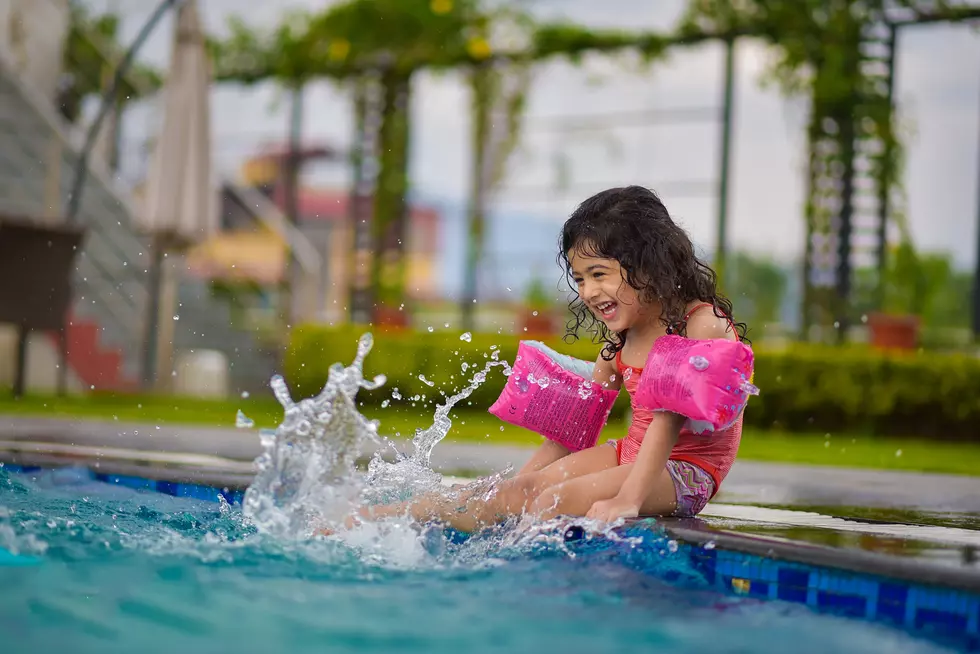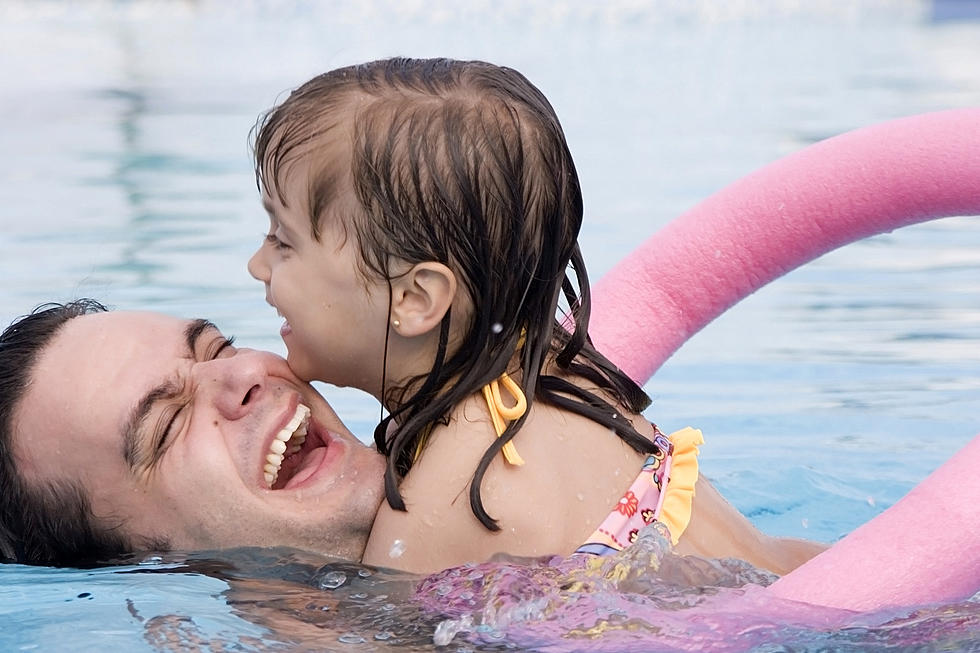
As Minnesota’s Summer Nears, Tips to Prevent Child Drownings
Summer in Minnesota is a time for gathering, fun, celebrating, and the joyous splashing and giggling of kids in the water. There's no sound that brings more smiles.
However, with the enjoyment of being on the water in Minnesota comes a handful of risks. Being properly aware and prepared can help prevent a tragedy.
Cynthia Páez-Bowman at Safety.com has put together a nice list of reminders and things to think about to keep our families safe while swimming, skiing, tubing, and splashing our hearts out this summer.
Water safety should always be a top priority, especially after a year-long hiatus. Drowning is the second leading cause of accidental death in kids of ages 1-4 and 10-14. And for every drowning death, five children are hospitalized due to injuries from nearly drowning. Children with special needs face double the drowning risk of a typically developing kid, so parents must take the necessary precautions.

After a year of public pools and beached being closed due to the COVIN-19 pandemic, many kids could be unfamiliar with safety protocols in the water, so this could be a great reminder of all of us.
Swimming Pool Rules
All kids should follow the rules regardless of whether they plan on swimming in a home pool or at a guest’s. One of the most crucial rules they should learn is to wait for permission (and supervision) to swim. Parents should keep consistent with this rule to ensure that children understand that approaching an unsupervised pool is potentially dangerous and forbidden.
Safety Fencing & Pool Covers
Kids are drawn to swimming pools, securing yours is essential to prevent water-related accidents. Safety fencing is a good first barrier to keep kids safe. It should completely surround the pool and be at least 4 feet high. Install a regularly-inspected and locked fence around the perimeter of the pool and install an alarm that goes off when the surface of the water is disrupted by movement.
All children under ten are required to wear an approved life jacket at all times while in a boat in Minnesota.
Water Park Safety
Water parks are thrilling kids. However, a water park is typically chaotic and full of distractions that make it difficult for parents to supervise their child properly. Caretakers should make sure kids wear a life jacket in case their child wanders off. Wearing a waterproof form of an ID such as a bracelet with a name and cell phone number or a tag sewn onto a swimsuit could help if your child gets lost in all the fun.
Natural Body of Water Safety Tips
Lakes and rivers present different risks for water-loving kids. Natural bodies of water can be unpredictable. Depending on how anxious or distracted your child can be, you may want to start with swimming pool play until your kid is older or more experienced. As with pool safety, kids should understand that water can be fun but also require caution. They should ask permission before going swimming, wait for someone to supervise them
Spending time outdoors and frolicking in water can be a wonderful, bonding experience for you and your child. Depending on your child’s comfort level, water play could be as simple as blowing bubbles or more physical such as swimming. The important part is that your child can safely and comfortably explore a pool, beach, or lake with your support and supervision, creating a lasting love of water and fun summer memories.
Can a swim suit color make a difference for your child's safety? Learn more HERE.
Have fun. Stay safe. Splash a lot!
20 Things the World Should Thank Minnesota For
10 Things You'll See at Every Small Town Summer Festival in Minnesota
More From KRFO-FM








